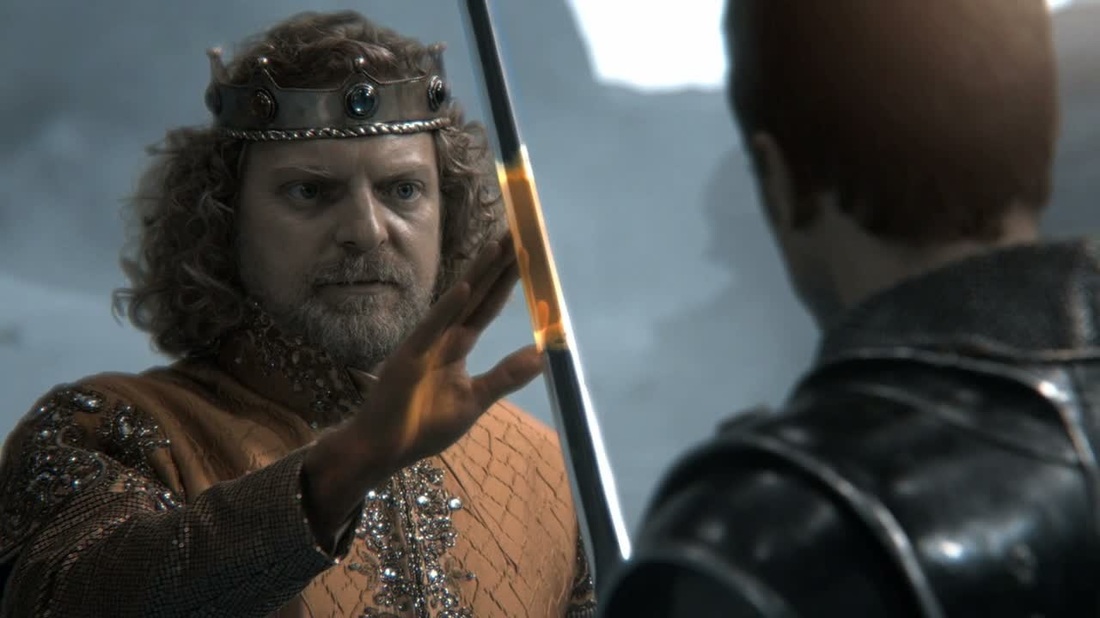|
By Chris Fitzner
More than two thousand years have passed since the time of the ancient Greeks, but their rich body of myths remains with us, resonating through the centuries. Many of us grew up learning the most basic Greek myths and about the twelve Olympians: Zeus, Hera, Athena and Apollo among them, still familiar “household names”; deities, heroes and impossible beasts. The Greeks lived in a harsh and often inexplicable world and as human beings do, they turned to religion to explain the whys and hows of that world. Why was there thunder and lightning in the sky? Oh, Zeus must be angry. How did the sun cross from east to west each day? Apollo rode his fiery chariot across the sky. In our own century, we have science to explain much of what the ancient Greeks attributed to their gods (seasons, disasters, celestial events, wars). The technology in everyday life and medical advancements would seem nothing short of miraculous to an ancient Greek. We don’t need the old stories to cushion our lives anymore, but the ancient Greeks are still with us, in our language and culture, in ways we probably don’t realize.
0 Comments
|
OriginsExplore the Arthurian legend surrounding Lancelot, take a trip into the woods to discover the mythology behind Red Riding Hood or learn more about a modern day hero called Snow White. Origins provides unique insights and perspectives from talented writers into the characters we know and love, going far beyond the boundaries of Storybrooke. Archives
August 2016
Categories
All
|

